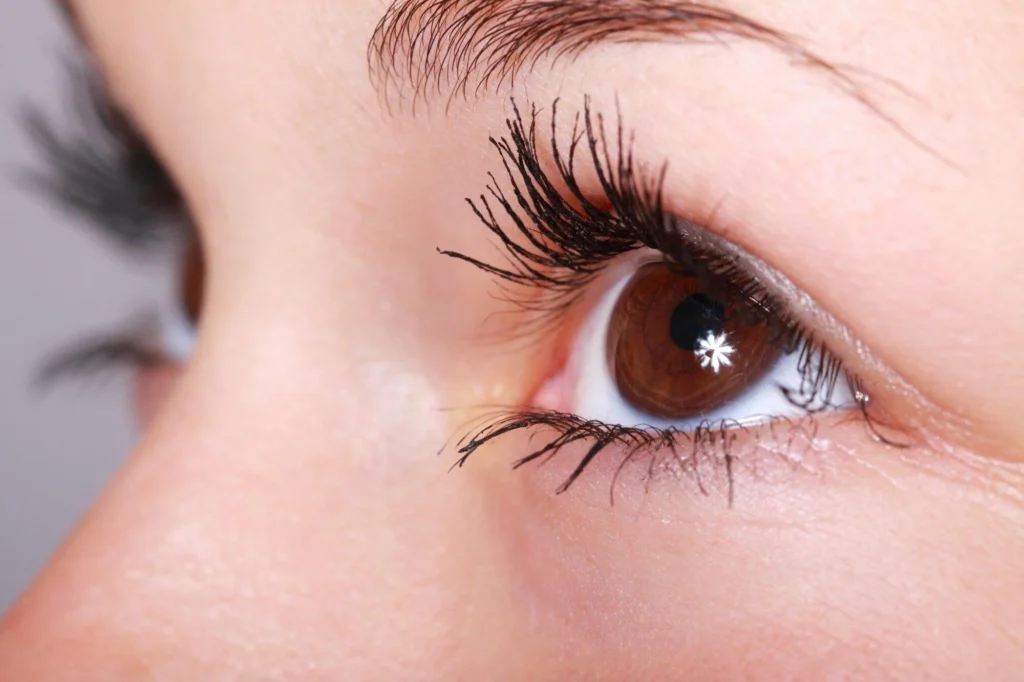Have you ever wondered what causes that captivating sparkle in someone’s eyes? It turns out there’s more to it than just a twinkle of luck.
The science behind eye glow is fascinating and multifaceted. It involves a combination of physiological, emotional, and environmental factors.
This blog will demystify eye glow and shed light on what makes your eyes sparkle.
Read on!
Pupil Dilation
One of the key factors that contributes to eye glow is pupil dilation. The pupil is the black circular opening in the center of the iris that regulates the amount of light entering the eye. When we are aroused or excited, our pupils dilate, allowing more light to enter and giving our eyes a brighter appearance.
On the other hand, when we are relaxed or feeling less stimulated, our pupils constrict and appear smaller. This can make our eyes look duller and less vibrant. Especially if you have undergone treatment for under eye hollows or dark circles, pupil dilation can make a huge difference in enhancing your overall eye glow.
Tear Film
Another important component of eye glow is the tear film. This is the layer of fluid that covers the surface of our eyes and keeps them moist. When we are well-hydrated, our tear film is thicker and more reflective, giving our eyes a brighter and more vibrant appearance.
On the other hand, when we are dehydrated or have dry eyes, our tear film becomes thinner and less reflective, making our eyes appear duller. Even if you ask experts who offer eye rejuvenation without surgery, they will tell you that maintaining good hydration is key to achieving and maintaining a bright and glowing eye appearance.
Corneal Clarity
The cornea, the clear outer layer of the eye, also contributes to the sparkle in our eyes. When light enters our eyes, it first passes through the cornea before reaching the iris and pupil.
A healthy and clear cornea refracts light more effectively, making our eyes appear brighter and more vibrant. On the other hand, a scratched or damaged cornea can cause light to scatter and make our eyes look duller.
Emotional and Physiological Responses
Our emotions and physiological responses can also affect the appearance of eye glow. When we experience strong emotions such as happiness, love, or excitement, our bodies release hormones that can cause changes in pupil size and tear production.
For example, when we are attracted to someone or feeling romantic towards them, our pupils may dilate and give off a noticeable sparkle in our eyes. Similarly, when we are crying or experiencing strong emotions, tears may make our eyes look brighter and more vibrant.
For those who experience eye bags, puffiness, or dark circles due to stress or lack of sleep, these factors can also impact the appearance of eye glow. So, taking care of our emotional and physiological well-being is essential for maintaining a healthy and vibrant eye glow.
Discover the Science Behind Eye Glow
There are various factors that contribute to the captivating sparkle in our eyes. Each element plays a unique role in creating eye glow.
By understanding the science behind eye glow, we can gain a deeper appreciation for this fascinating phenomenon. So next time you see someone with sparkling eyes, remember that it’s not just luck or magic.
To read more, you can visit our blog page. We do have more!







